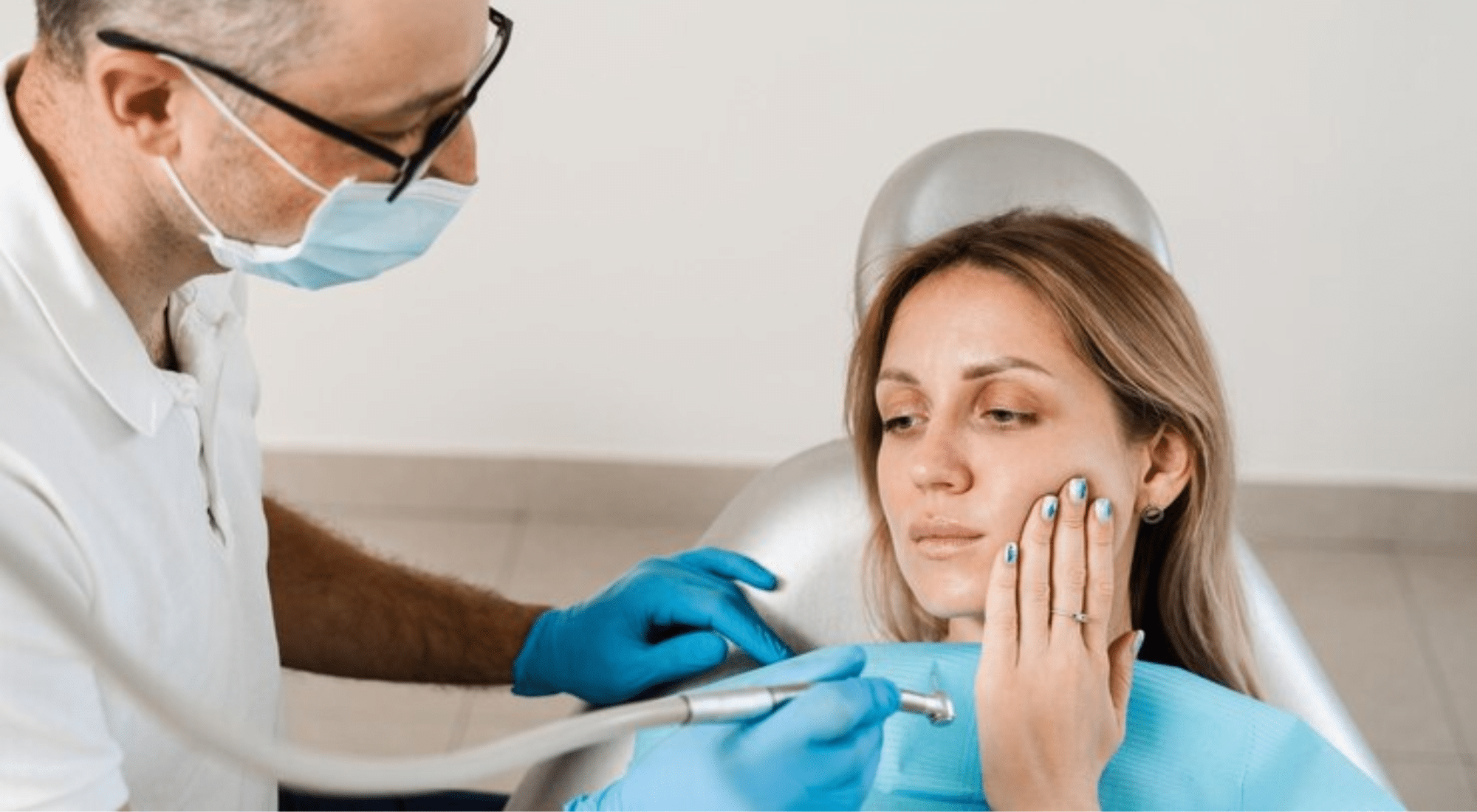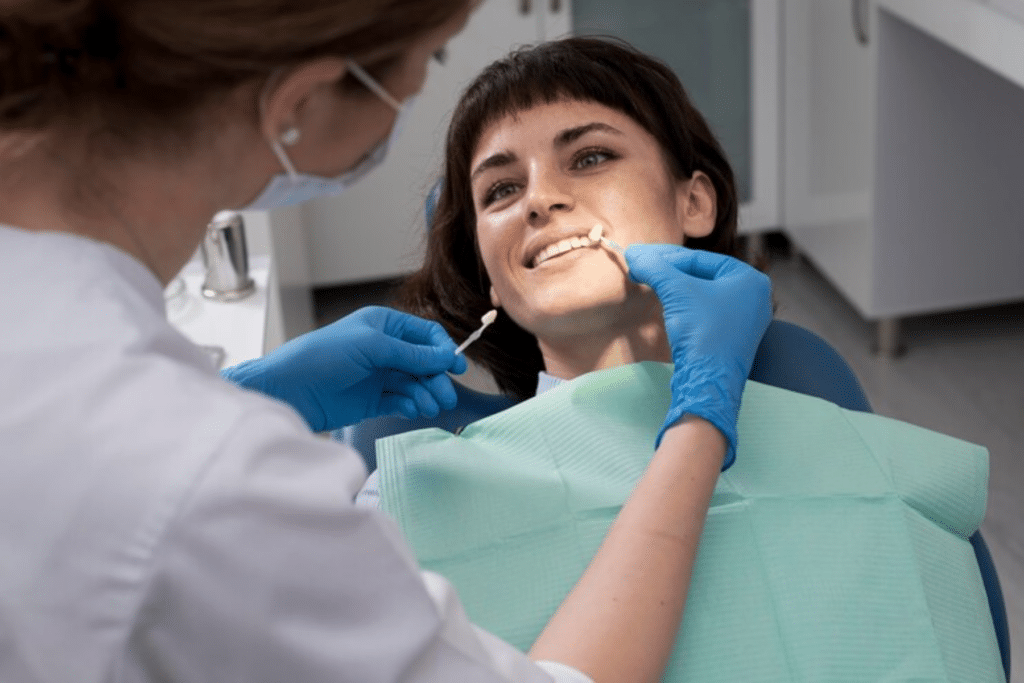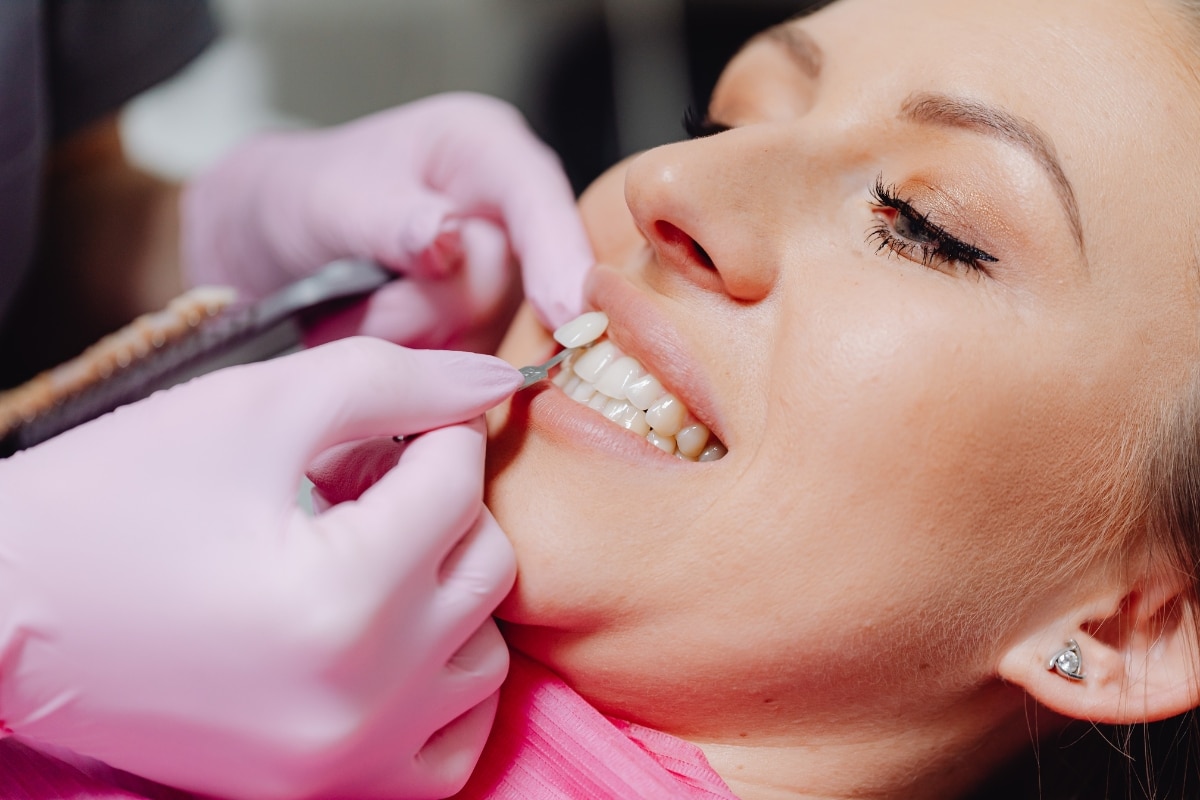245 11th Ave NE Hickory, NC 28601
Managing Major Pain After Dental Veneers: Causes, Solutions, and Prevention Tips

Dental veneers can significantly enhance your smile, boosting your confidence and improving the appearance of your teeth. However, while most people experience only minor discomfort following the procedure, some might encounter more severe pain. If you are experiencing major pain after getting dental veneers, it’s crucial to understand the potential causes and the steps you can take to address this issue effectively. This comprehensive guide will cover everything you need to know about dealing with significant pain after dental veneers, from understanding the possible reasons for the pain to practical solutions and when to seek professional help.
Understanding Dental Veneers
Dental veneers are thin, custom-made shells designed to cover the front surface of your teeth. They are typically made of porcelain or resin composite materials and are bonded to your teeth to improve their appearance. Veneers can correct a variety of dental issues, including:
- Discolored teeth that can’t be whitened by bleaching
- Worn-down teeth
- Chipped or broken teeth
- Misaligned, uneven, or irregularly shaped teeth
- Gaps between teeth
The process of getting veneers generally involves several steps, including consultation, tooth preparation, and veneer bonding. During the preparation phase, a small amount of enamel is removed from your teeth to make room for the veneers. This can sometimes lead to sensitivity and discomfort.

Causes of Major Pain After Dental Veneers
Experiencing major pain after getting dental veneers is not common but can occur due to several reasons. Understanding the underlying cause is the first step in addressing the pain effectively.
1. Tooth Sensitivity
Tooth sensitivity is one of the most common causes of discomfort after getting veneers. During the preparation process, a thin layer of enamel is removed from your teeth, which can lead to increased sensitivity, especially to hot and cold temperatures. This sensitivity usually subsides within a few weeks, but if it persists, it could indicate a more serious issue.
2. Nerve Irritation
In some cases, the process of placing veneers can irritate the nerves within the teeth. This can happen if the tooth is over-prepared, leading to inflammation and pain. Nerve irritation can cause prolonged and significant discomfort and may require additional treatment.
3. Poor Fit of Veneers
If the veneers do not fit properly, they can cause pain and discomfort. A poor fit can lead to uneven pressure on the teeth, gum irritation, and difficulty in biting or chewing. This can sometimes be resolved by adjusting or remaking the veneers.
4. Infection
An infection can occur if bacteria enter the tooth or gum during the veneer placement process. Symptoms of an infection include severe pain, swelling, and sometimes fever. Infections require prompt treatment to prevent further complications.
5. Bruxism (Teeth Grinding)
If you grind or clench your teeth, known as bruxism, it can cause significant pain after getting veneers. The additional pressure on the veneers and underlying teeth can lead to discomfort and potential damage to the veneers.
Steps to Take if You Experience Major Pain
If you are experiencing major pain after getting dental veneers, there are several steps you can take to alleviate the discomfort and address the underlying issue.
1. Identify the Pain Source
The first step in managing your pain is to identify its source. Pay attention to the nature of the pain and any triggers that worsen it. This information can help your dentist diagnose the problem more accurately.
2. Maintain Good Oral Hygiene
Good oral hygiene is essential for preventing infections and ensuring the health of your veneers and natural teeth. Brush your teeth at least twice a day, floss daily, and use an antiseptic mouthwash to keep your mouth clean.
3. Avoid Trigger Foods and Drinks
If you are experiencing sensitivity, try to avoid foods and drinks that can trigger pain, such as very hot or cold items, acidic foods, and sugary snacks. Opt for lukewarm and non-acidic options instead.
4. Use Desensitizing Toothpaste
Desensitizing toothpaste can help reduce tooth sensitivity. These toothpastes contain compounds that help block pain signals from the tooth surface to the nerve. Regular use can provide relief over time.
5. Take Over-the-Counter Pain Relievers
Over-the-counter pain relievers, such as ibuprofen or acetaminophen, can help manage pain and reduce inflammation. Follow the dosage instructions on the label, and consult your dentist if you need to use pain relievers for an extended period.
6. Apply a Cold Compress
Applying a cold compress to the outside of your cheek can help reduce pain and swelling. Use the cold compress for 15-20 minutes at a time, several times a day, especially if you notice any swelling.
7. Avoid Grinding Your Teeth
If you have a habit of grinding or clenching your teeth, consider using a night guard to protect your veneers and reduce pressure on your teeth. Your dentist can provide a custom-fitted night guard for the best protection.
8. Schedule a Follow-Up Appointment
If your pain persists or worsens, schedule a follow-up appointment with your dentist. They can examine your veneers and underlying teeth to identify any issues that may be causing the pain. Your dentist may need to adjust the fit of your veneers, treat an infection, or address any other underlying problems.
Professional Treatments for Persistent Pain
If the pain persists despite your efforts, your dentist may recommend professional treatments to address the underlying cause.
1. Veneer Adjustment or Replacement
If the pain is due to poorly fitting veneers, your dentist may need to adjust or replace them. This can involve reshaping the veneers or creating new ones that fit better.
2. Root Canal Therapy
In cases where nerve irritation or infection is causing significant pain, your dentist may recommend root canal therapy. This procedure involves removing the infected or inflamed nerve tissue from within the tooth, cleaning the area, and sealing it to prevent further infection.
3. Treatment for Bruxism
If bruxism is contributing to your pain, your dentist may suggest treatments such as night guards, stress management techniques, or in severe cases, muscle relaxants. Addressing bruxism can help reduce the pressure on your veneers and alleviate pain.
4. Managing Gum Issues
If your gums are irritated or infected, your dentist may provide treatments to address these issues. This could involve professional cleanings, antibiotics, or other gum treatments to reduce inflammation and promote healing.
Preventing Pain After Dental Veneers
While not all causes of pain can be prevented, taking certain precautions can minimize your risk of experiencing major discomfort after getting veneers.
1. Choose an Experienced Dentist
Selecting an experienced dentist is crucial for successful veneer placement. An experienced dentist can ensure proper fitting and minimize the risk of complications.
2. Follow Post-Procedure Instructions
Carefully follow your dentist’s post-procedure instructions to promote healing and prevent complications. This may include guidelines on eating, oral hygiene, and avoiding certain activities.
3. Regular Dental Check-Ups
Regular dental check-ups are essential for maintaining the health of your veneers and natural teeth. Your dentist can monitor the condition of your veneers, address any issues early, and provide professional cleanings to keep your mouth healthy.
4. Protect Your Teeth
If you engage in activities that put your teeth at risk, such as contact sports, consider using a mouthguard to protect your veneers from damage. Additionally, avoid using your teeth to open packages or bite on hard objects, as this can cause chips or cracks in your veneers.
Major pain after getting dental veneers can be concerning, but understanding the potential causes and taking appropriate steps can help alleviate discomfort and address any underlying issues. By maintaining good oral hygiene, avoiding triggers, and seeking professional help when necessary, you can enjoy the benefits of your veneers while minimizing the risk of pain. Remember, if your pain persists or worsens, don’t hesitate to contact your dentist for a thorough evaluation and appropriate treatment. With proper care and attention, you can achieve a beautiful, pain-free smile that lasts for years to come.


